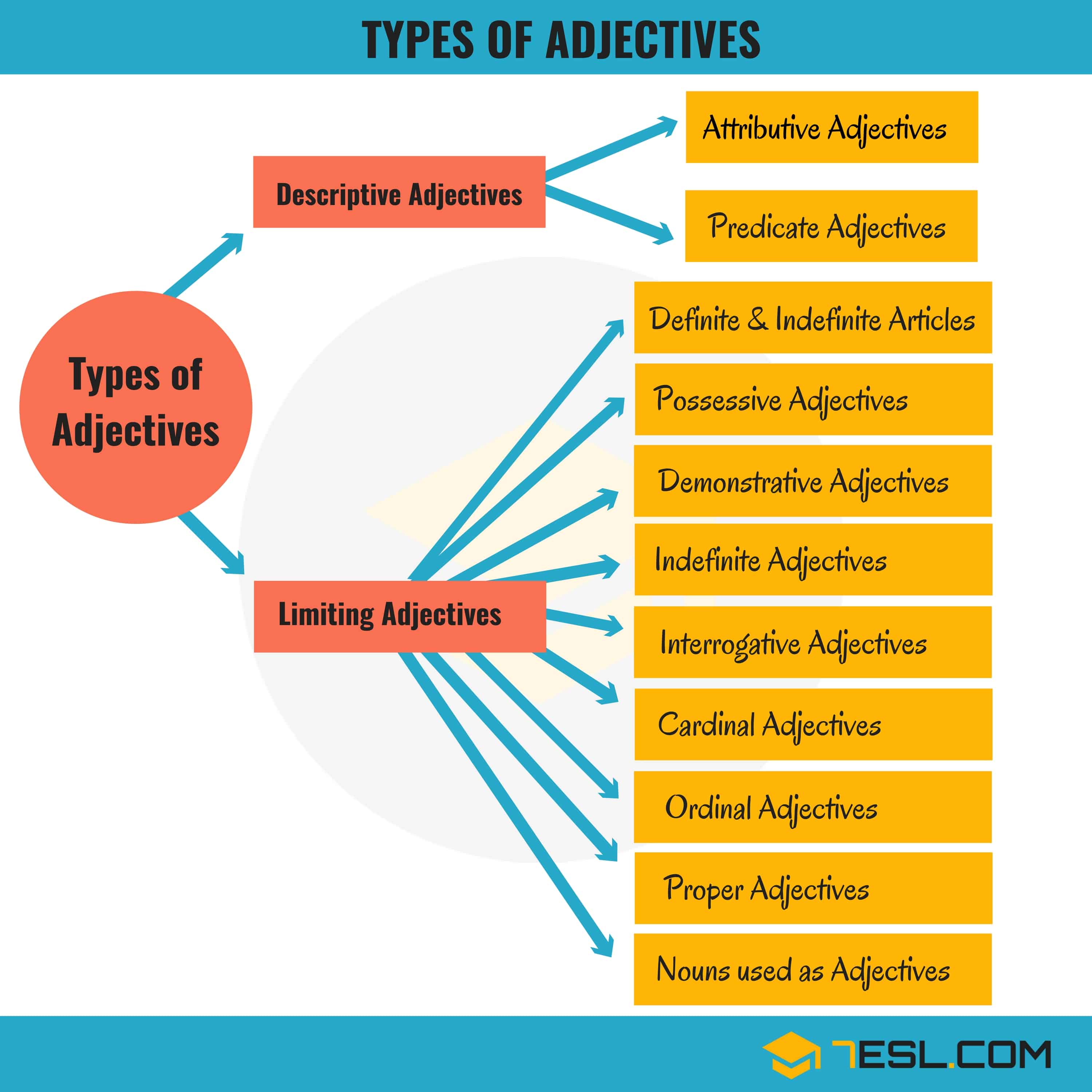The definition of indefinite adjective is an adjective that describes a noun in a nonspecific sense. Indefinite adjectives, on the other hand, are followed by a noun phrase. There are nine meanings listed in oed's entry for the word ample , two of which are labelled obsolete. How to tell them apart? Web some common indefinite adjectives include all, any, anything, each, every, few, many, one, several, some, somebody, and someone.
Web what does the word ample mean? Examples of indefinite adjectives include “some,” “many,” “few,” “several,” “any,” “all,” “each,” “every,” “no,” “other,” and. All, any, anything, each, every, neither, nobody, none, nothing, one, other, some, someone, whichever, something, such, and whose. Indefinite pronouns, as all pronouns, stand on their own, so they are not accompanied by a noun phrase.
The most common indefinite adjectives are any, each, few, many, much, most, several, and some. An indefinite adjective is a word that modifies a noun or pronoun to make it indefinite, indicating that it is not a specific or known thing, but rather one of many possible things that fit that description. Web indefinite adjectives give nonspecific information about a noun.
List of Adjectives 534 Useful Adjectives Examples from A to Z with
A list of indefinite adjectives in english: An indefinite adjective is a word that modifies a noun or pronoun to make it indefinite, indicating that it is not a specific or known thing, but rather one of many possible things that fit that description. Web what does the word ample mean? Web indefinite adjectives refer to a general or indefinite quantity, and can often be both singular and plural. See ample in the oxford advanced learner's dictionary.
Web instead, they convey a general or indefinite sense of the noun. Web definition of an adjective. In other words, it modifies nouns to give information about it that are not specific (uncertain).
Meaning, Pronunciation, Picture, Example Sentences, Grammar, Usage Notes, Synonyms And More.
Understanding the different types of adjectives. Indefinite adjectives modify nouns by expressing an unspecified or general quality, quantity, or. For example, the word “some” is an indefinite adjective, because it does not say how many things are being referred to. What kinds of adjectives are there?
An Indefinite Adjective Precedes A Noun Or Pronoun And Modifies It.
The most common indefinite adjectives are any, each, few, many, much, most, several, and some. Some of the examples of indefinite adjectives are few, many, each, plenty, more, much, etc. These adjectives give a vague description of quantity, quality, or characteristic, without specifying exact details. We are having some cake for dessert.
Meaning, Pronunciation, Picture, Example Sentences, Grammar, Usage Notes, Synonyms And More.
Web indefinite adjectives refer to a general or indefinite quantity, and can often be both singular and plural. The opposite of indefinite adjectives are descriptive adjectives. Web but there are also indefinite adjectives that have the same forms as the pronouns. These indefinite adjectives usually come before a noun but can also be used alone if the noun is understood.
All, Any, Anything, Each, Every, Neither, Nobody, None, Nothing, One, Other, Some, Someone, Whichever, Something, Such, And Whose.
See ample in the oxford advanced learner's dictionary. Web some common indefinite adjectives include all, any, anything, each, every, few, many, one, several, some, somebody, and someone. /ˈæmpli/ adverb his efforts were amply rewarded. A list of indefinite adjectives in english:
See ‘meaning & use’ for definitions, usage, and quotation evidence. All, any, anything, each, every, neither, nobody, none, nothing, one, other, some, someone, whichever, something, such, and whose. Web instead, they convey a general or indefinite sense of the noun. They are often used to describe a noun to show an element of uncertainty. Web indefinite adjectives in english grammar.






